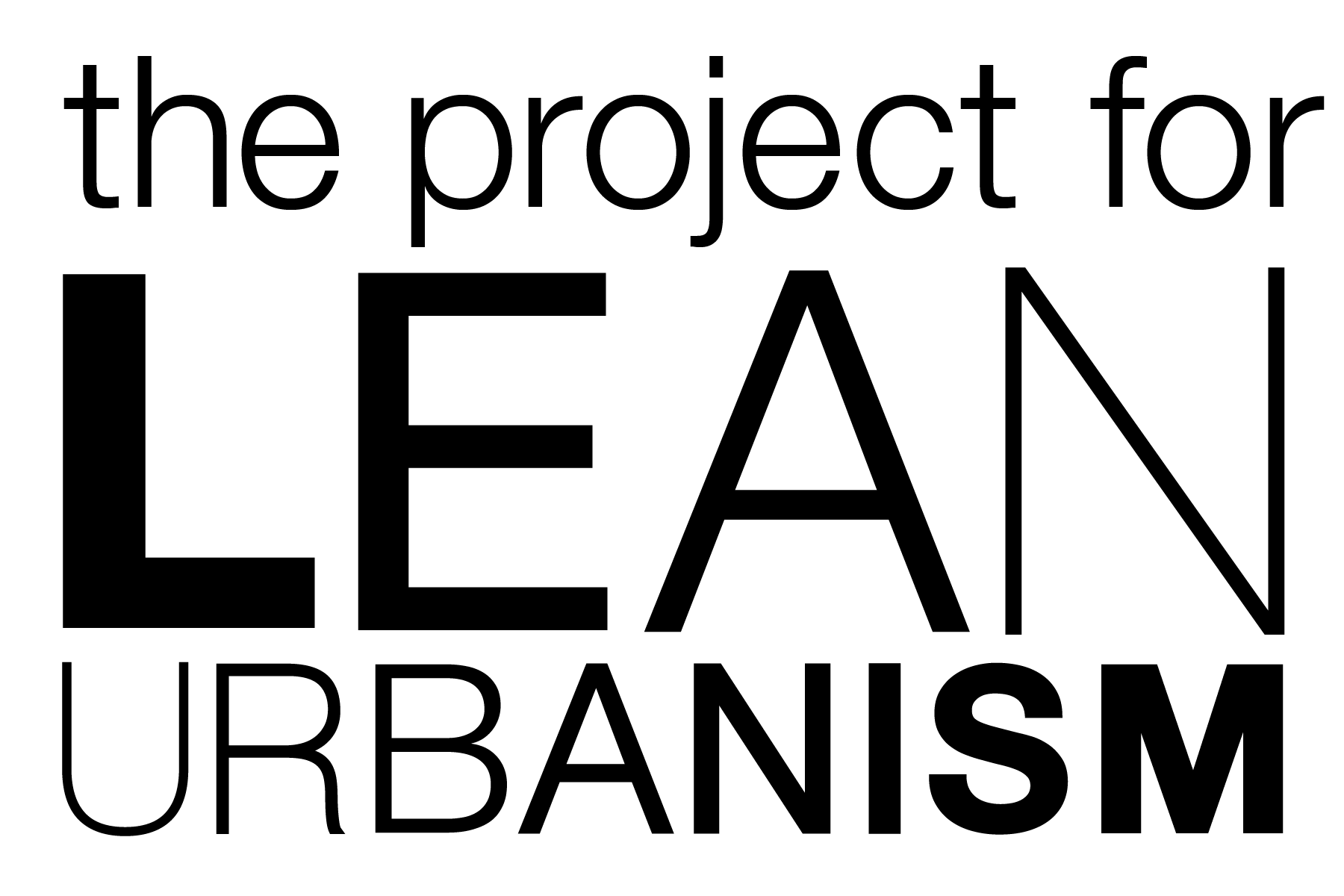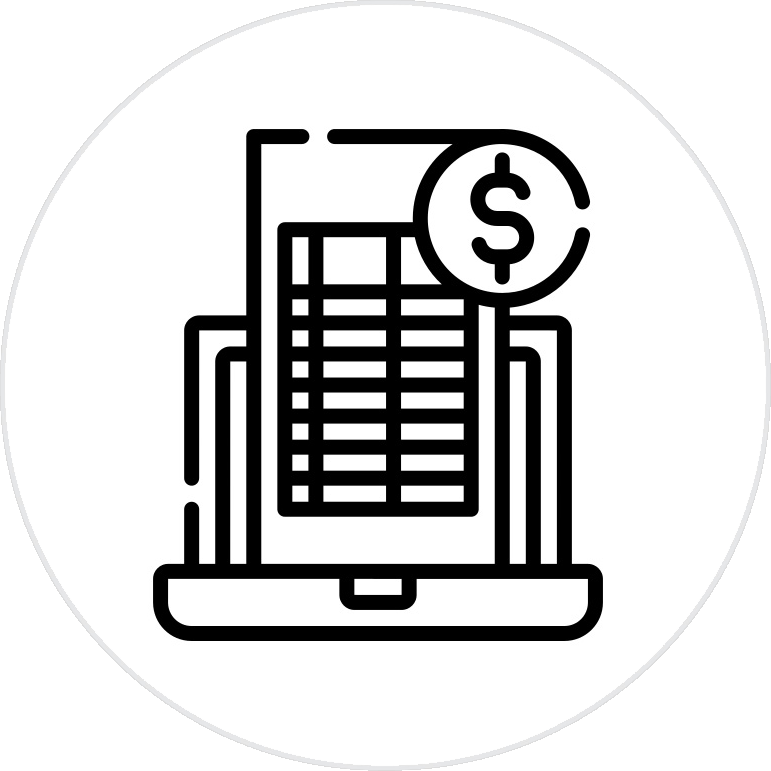Tools & Resources
Lean Urbanism Toolkit
Free tools we created to use in your community
Pink Zone Manual
Pink Zones are areas where Lean Urbanism strategies are implemented. They’re areas where red tape is lightened, where barriers are lowered, where it’s easier, faster, and cheaper to create small businesses and develop small properties. When tested and proven effective, those strategies can be applied to other parts of communities.
Lean Code Tool
Writing a new zoning code is time-consuming, politically fraught with landmines, and therefore unlikely to happen in most places. But with a limited number of strategic adjustments, many zoning codes can be repaired to allow Lean Urbanism and improve or create walkable, livable environments.
Lean Comp Plan Tool
States require local governments to create comprehensive plans. These are often poorly implemented and can stand in the way of small-scale development. This tool outlines a Lean process for planning staff to reduce the expense of policy development and increase the likelihood that plans will be implemented.
House Hacking Catalog
House hacking allows residents to create wealth and to grow, improve, or preserve their neighborhoods. This tool contains descriptions of the types of buildings, rentals, and construction that make good options for house hacking, plus issues such as financing and finding properties.
Create a Financial Model
New developers should create their own financial models to understand how each variable affects financial performance. This tool walks new developers through a pro forma that is simple enough to create but sophisticated enough to present to investors and lenders.
Lean Financing
Lean development requires both institutional and non-institutional capital sources. This tool explains the motivations, requirements, and techniques for working with non-institutional investors, helping new developers overcome one of the more difficult hurdles.
We’re creating more tools, so subscribe to our newsletter to stay informed.
Resources
Free tools from other sources
ADU Plan Program
Los Angeles offers pre-approved plans and simplified permitting for ADUs. Use their program as a model for your city.
Infill Design Toolkit
Portland created a design guide for integrating medium-density infill into its neighborhoods where existing character is a priority.
Developer Training
Minneapolis created a training program to build capacity and diversify the pool of small developers. This curriculum can be a model for other cities.
Small Business & Jobs
This report shows the importance of small businesses for job creation in downtowns and offers guidance on how to encourage it.
Manufacturing
Small-scale manufacturing can enhance economic development and help revitalize downotowns. Why and how to grow this overlooked sector.
Streamline Regulation
Reduce the cost, time, and difficulty of development with this tool from the Puget Sound Regional Council’s Housing Innovations Program.
Pop-Up Placemaking
Similar to Meantime Uses in Pink Zones, temporary changes to streets or parks can activate an area and demonstrate or even initiate improvement.
Pandemic Toolkit
How can local governments respond effectively and rebuild community health and opportunity after crises?
ADU Policy Memo
Need to make the case for ADUs? This memo explains what ADUs are, why they’re needed, and how they help. Includes best practices from several cities.
Entrepreneurship
Local governments seeking to promote small-businesses can draw from this guide, which is based on research into which strategies are truly effective.
Heir Property
Lack of clear title can keep you from insuring, selling, or even repairing your home — and improving your neighborhood. Learn how to get clear title.
Change State Law
This bill was written to increase housing opportunity in North Carolina by changing zoning and the building code. Use it as sample legislation in your state.


